Last Updated on 12/11/2023 by Glynn Willard
Renting an RV is growing in popularity nationwide.
And there’s a good chance you can rent a camper near you or your destination with ease.
On the flip side, do you own an RV you’re not using? We’ll also cover some options to turn your depreciating liability into an asset.
Ready to rent a camper or rent out your camper?
Let’s explore an alternative to Outdoorsy RV rental. We’re talking about Fireside RV Rental.
Listen while you read!
What To Understand Before Renting An RV

If you’ve never used a camper before, there’s a few basics you should understand before looking into a camper rental.
- Class of RV: The internet is loaded with the differences between RV classes, so here’s a quick rundown.
- Class A: The typical flat front motorhome you think of when you think of an RV (at least I do).
- Class B: A van that’s been magically turned into an RV.
- Class C: A motorhome with a front that looks like a truck. A Super C is a class C on steroids.
- Fifth Wheel: A large travel trailer that hitches directly into the truck bed. It functions like a semi.
- Travel Trailer: A trailer that hitches to a bumper hitch. It’s what most think of as a “camper.”
- Truck Camper: A hard sided camper that fits directly into the truck bed. Generally reserved for 1 ton trucks.
- Pop Up Camper: A small bumper pull trailer that expands into a soft sided trailer.
- Slides: Do you want to rent an RV with or without slides? A slide offers additional room, but usually eliminates the ability to stealth camp.
- Difference between fresh water, gray and black tank. If you’re boondocking, you’ll rely on your fresh water tank for all your basic water needs. Your gray tank stores your sink and shower runoff. And your black tank is your sewage tank.
- Full Hook Up: If you’re staying in a campground and you’re tied directly into electricity, fresh water and septic, you’ve got a full hookup.
- What is boondocking? This is our specialty and preference. When you camp in your RV without any hook ups, relying entirely on your RV’s systems, you’re boondocking. You can learn more about the different types in our RV Boondocking Category
- Dump stations: If you’re boondocking and storing your wastewater in your tanks, they have to be emptied somewhere. Out west, they’re easy to find. Not so much in the east. Here’s a guide of how to find dumpstations.
- Have you ever towed any kind of trailer? If you have not, consider renting a motorhome instead. Towing is a specialized skill set. It’s not out of reach, but does require practice.
- Pull through site: If you reserve a site in a campground, you usually have the option of a pull through or back in site. If it’s new to you, choose the pull through, which does not require backing up your rig.


What Is Fireside RV Rental?

Fireside RV Rental is a younger business, but it’s well run and franchise owned. In fact, we like younger businesses like this because they have access to the newest systems and they try harder.
Fireside arranges the rental of privately owned RV’s to those looking to use an RV for a short duration.
To put it in their own words, “With hundreds of bookable camper rentals, Fireside RV Rental connects camper owners with families and vacationers looking for something more than a hotel for their trip.”
They also offer options and add ons as well as guidance for making your vacation amazing!
Renting An RV From Fireside RV Rental

Whether your looking for a camper van rental, travel trailer rental, motorhome rental or even a one way RV rental, Fireside RV Rental is a great resource!
Renting from Fireside RV Rental couldn’t be easier.
In fact, they’re a great alternative to an Outdoorsy RV Rental!
Once you arrive on Fireside’s user friendly website, head straight to the filtered search bar.
- Select a location close to home or your destination.
- Choose your RV class preference. Or leave it blank for all the options.
- Select the dates you would like to travel.
- Make sure you select the proper number of guests, so that you’re presented with RV’s that can accommodate all of your travelers.
Once you’ve filtered out your options, you’re presented with just the right campers for your trip.
You can also scroll down, select the type of camper, multiple locations close to home (or your destination) and shop for the perfect rig.
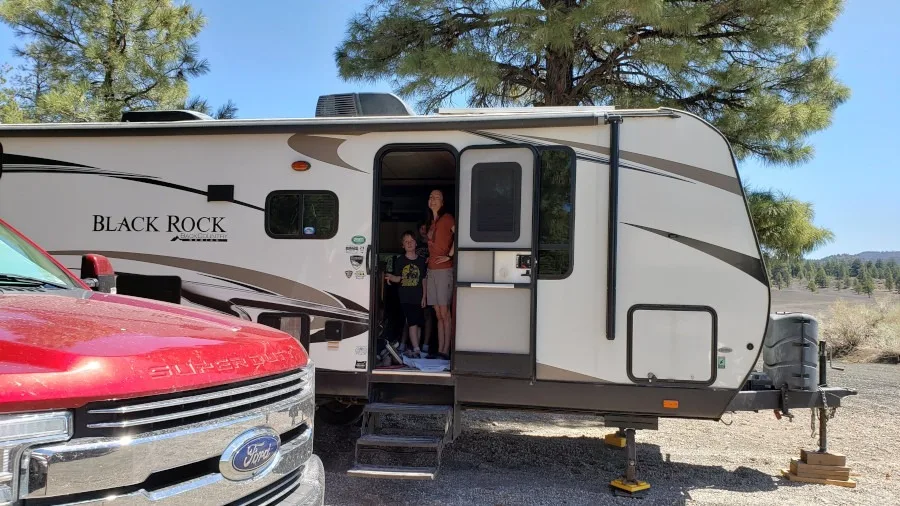
Once you make your selection:
- Reserve your RV.
- Pay a deposit. The balance is due 30 days prior to pick up.
- Pay the security deposit. This is self explanatory and will be refunded if there is no damage to the RV.
- Adhere to the pick up policies as well as all other policies listed in Fireside’s terms and conditions.
- What if you have to cancel? This is spelled out in their cancellation policy.
To really understand how Fireside RV Rental works, read through their Terms & Conditions.
So You Rented An RV. Now What?
There are a few considerations that rise to the forefront when you rent an RV.
- First, make sure you DO NOT over pack. RV’s have a max cargo carrying capacity and it’s always less than you think. Exceeding the GVWR in an RV is dangerous!
- Minimize your travel distance. More than 300 miles in a day is not enjoyable in an RV. If you want to use an RV far from home, consider flying there first and renting local.
- If you’re not boondocking, make sure you have reservations for your planned campground far in advance. Prime spots/locations fill quickly!
- Plan your route in advance. It’s fine to be spontaneous, but still plan the route before you engage the accelerator. The sign for low overpass ahead can be terrifying and is avoidable when planning in advance.
- Know the measurements of your RV. That includes total length of the RV or trailer, total length of the trailer and tow vehicle combined and total height.
- Never tailgate when you’re operating an RV. They’re heavy and cannot stop quickly. That said, tailgating is just bad etiquette anyway!
- Take your time. Rushing in an RV is not fun and not safe.
- We love and live by the 3-3 rule. In other words, less than 300 miles a day and arrive by three PM. We stop every hour to take a break as well. Seriously, what’s the rush?!

Here are a few articles that might help you prepare for renting a camper.
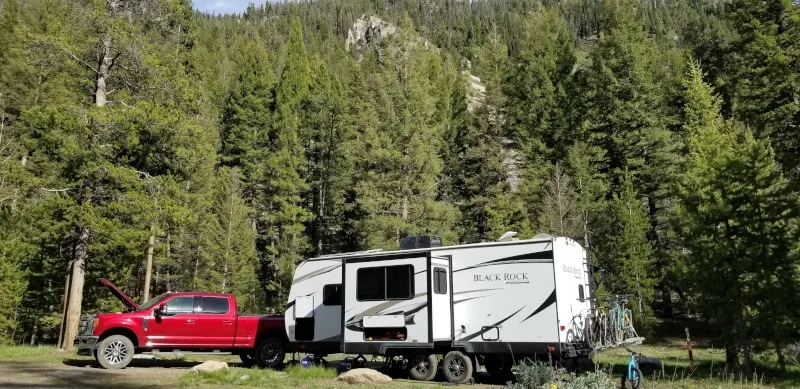
Scary roads revealed one of our favorite boondocking locations in Idaho.
- RV Moving Day Checklist
- Is Boondocking Safe? Our Scariest Experiences Boondocking
- How To find RV Dump Stations
- How To Find Boondocking Sites
- How Much Water Do You Need While Boondocking?
- What Are The First Things You Should Do With Your New RV? We Wish We Had Known This
- Boondocking vs Campgrounds. What Do We Prefer?
- Fulltime RV Essentials
- How Much Does It Cost To Cross The Country In An RV
- 6 Easy Tips To Level Your Travel Trailer (On A Slope)
- How To Boondock: RYJ Style
- Cross Country RV Road Trip Tips (RYJ Style)
- Travel Trailer Tips For Beginners: Guide To RV Camping
Rent Your RV
Even if you’re emotionally attached to your rig, consider renting it to turn it into an asset.
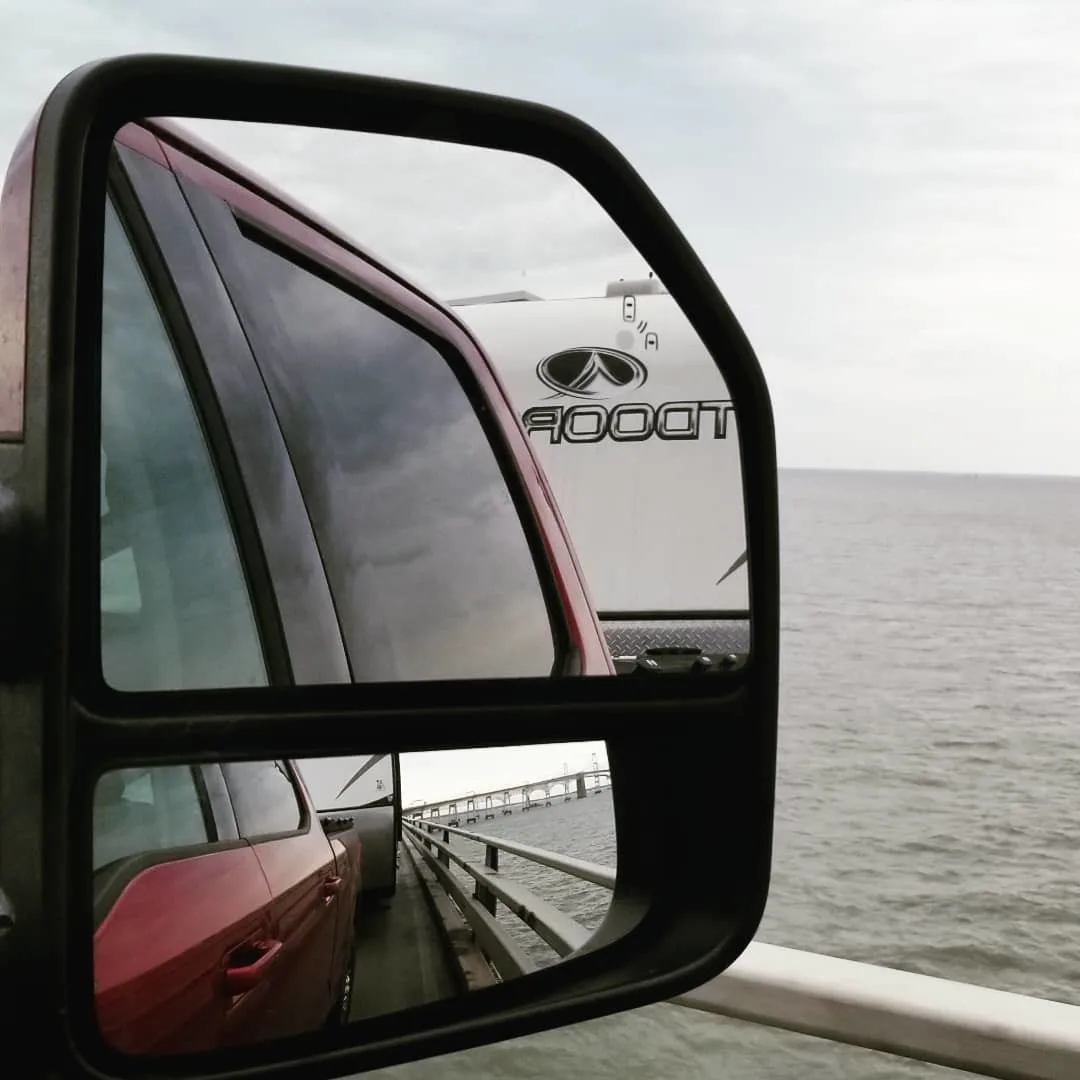
Here are several good reasons to rent your RV through Fireside RV Rental:
- Introduce your passion for RV’ing to someone new.
- Generate additional cash. Yes, you can turn your RV into an asset that generates positive cash flow. And you don’t even have to work for it!
- Your RV is just sitting. Breathe some life back into your RV rather than letting it depreciate in storage.
- Having a difficult time selling your RV? Rent it instead. Over time, it may generate more income than outright selling it.
- If you treat your RV rental as a business, there will be several tax benefits via writing off some of the expenses that you would have covered anyway. A tax advisor can spell this out.
The beauty of Fireside is their robust business structure designed to protect the RV owner (and renter).
Trust me, when a stranger is operating your RV, you want a solid business backing you and your rig up!
How do you rent your RV through Fireside RV Rental?
Fireside RV Rental handles all the aspects of renting your RV.
You just let them know when your ready to make your camper available, they market it and pay you per night that its rented.
You can even tell Fireside dates you want to use your RV in advance, so that it’s available to you for your trip.
Also, you’re not contracted into a long term agreement. When you’re ready to stop renting your RV, you can remove it at anytime.
Fireside tracks all of your usage and maintenance. Their systems are very thorough.
This link will take you to all of the frequently asked question, including how much you can make and when you get paid.
Wrapping Up RV Rentals

Fireside RV Rental makes it easy to rent a camper or rent out your RV.
The RV rental industry has come a long way refining the systems to keep both the renter and supplier safe.
When you’re ready to rent an RV, learn about RV’ing first and then contact Fireside RV Rental.
Where will your first camping adventure take place?
We appreciate any help we can get to bring you great content. Donate or buy us a coffee on our Ko-Fi site. You can also follow along and subscribe to our YouTube channel, Reset Your Journey.
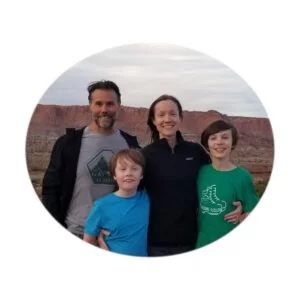
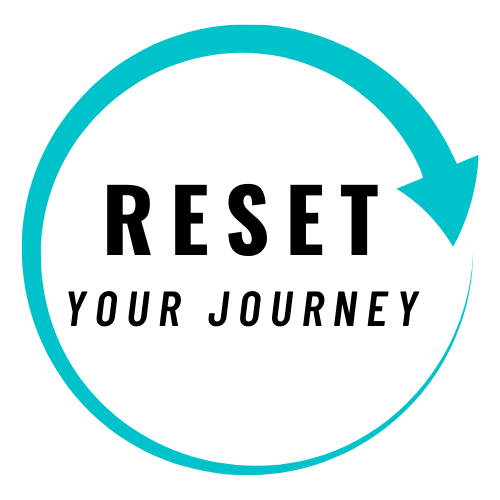
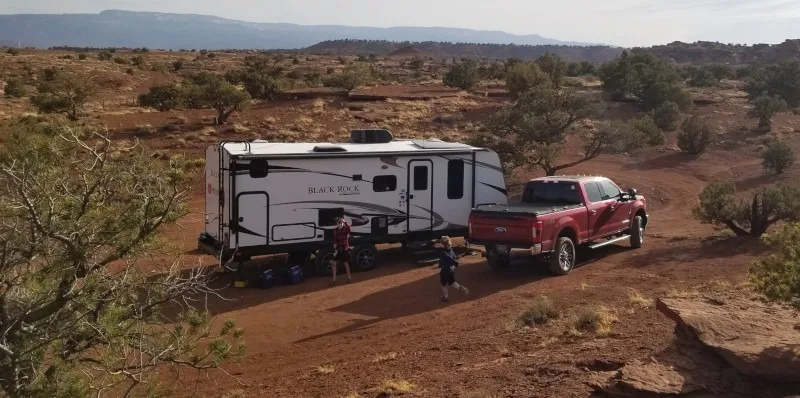
Do not ever deal with Fireside Rv Rentals in the Capital District…..horrible owner to deal with and even worse customer service. Our camper rented very little this season and it was returned dirty everytime and parts broken and not replaced, black tank full never emptied and camper smelled horrible, this gives the other areas a bad name!
We appreciate you commenting Cheryl. It sounds like the founder of Fireside needs to have a talk with the franchisee of Capital District. You’re right, that makes the whole organization look bad. And your camper should have been taken care of without leaving you with problems. Sorry to hear about your experience. This is good information.